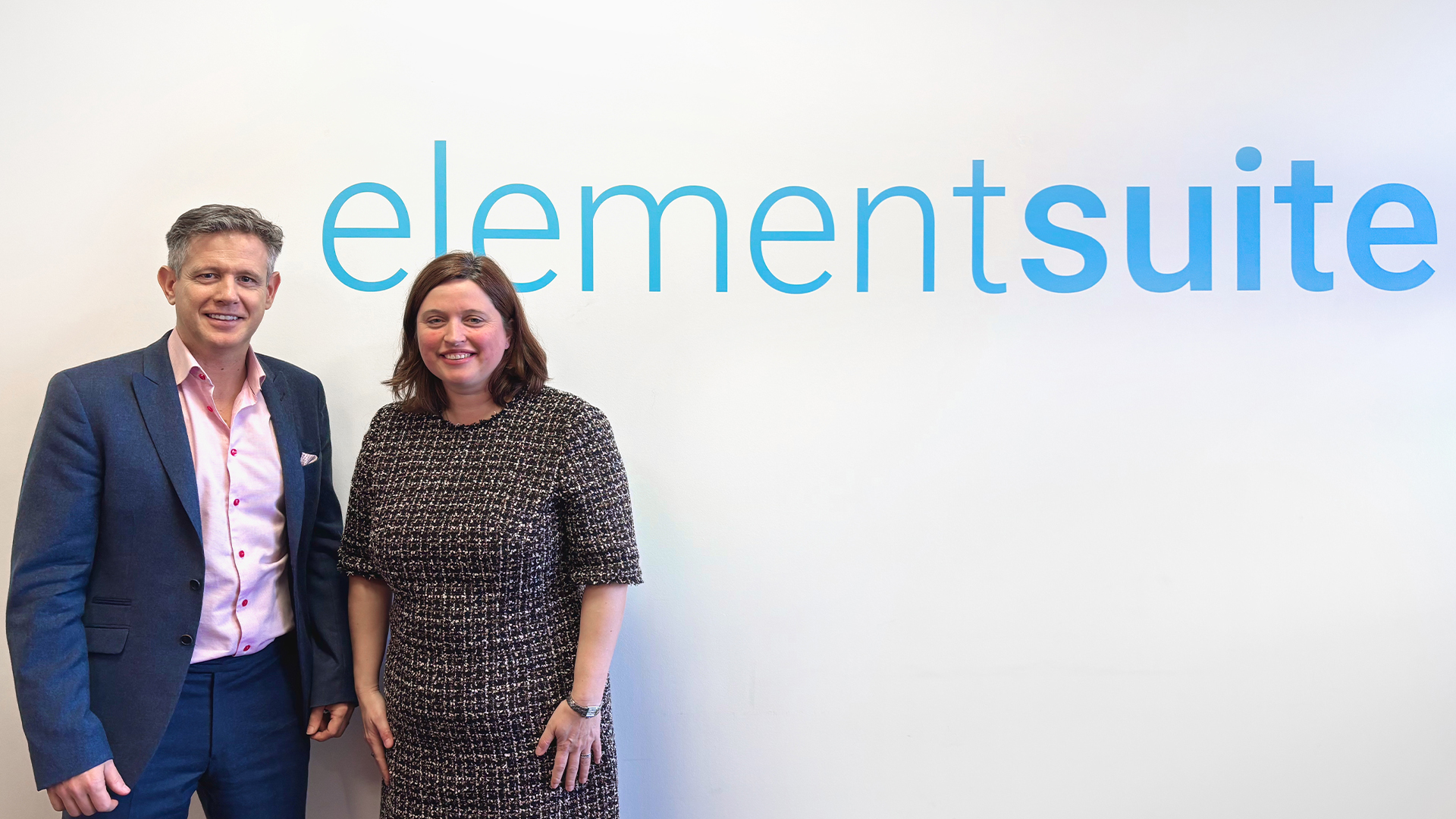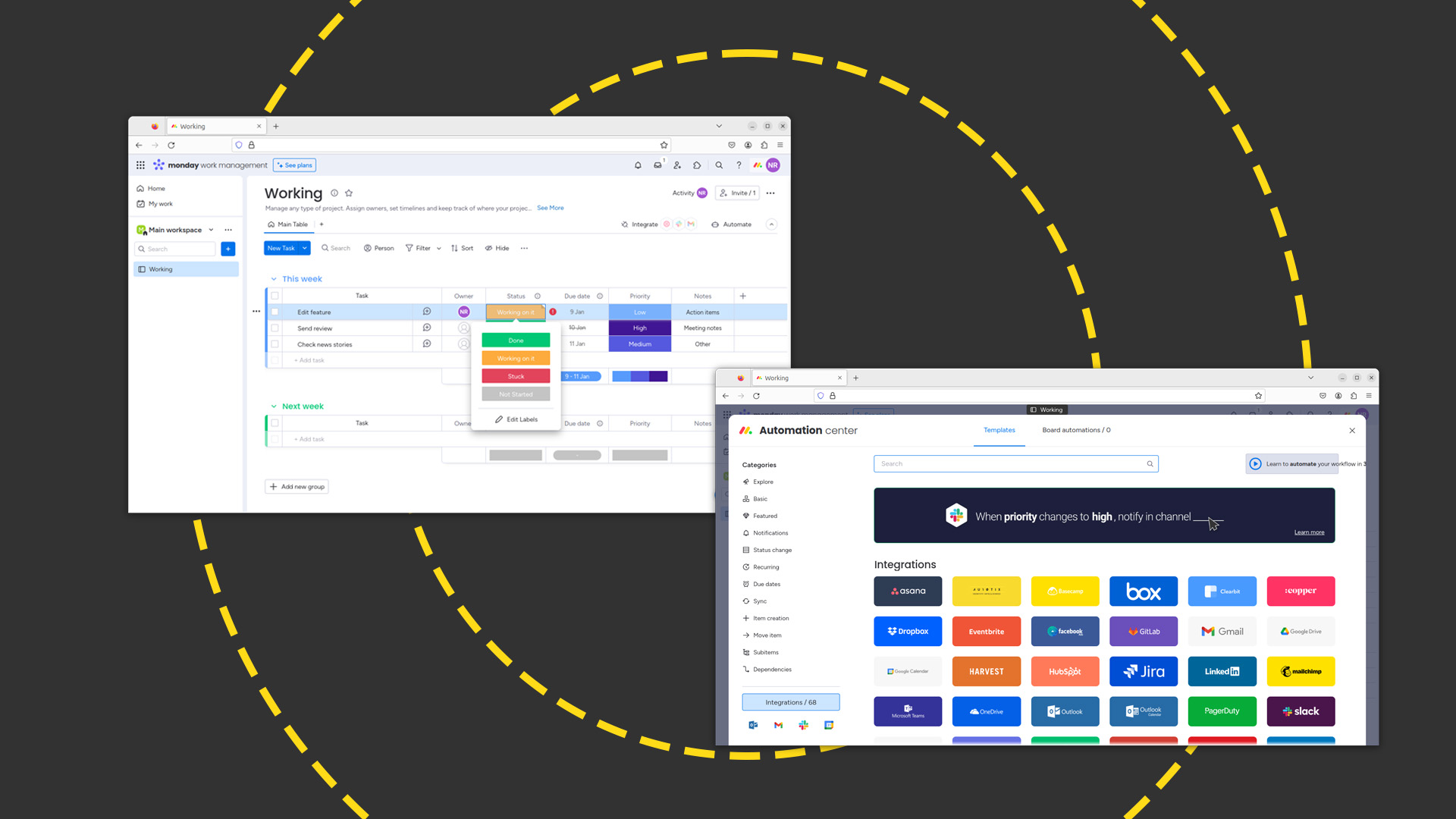Oracle bigs up hardware
Software giant explains why its hardware division exceeded expectations in its most recent set of financial results.

Infrastructure giant Oracle is using the promise of improved performance to encourage end users to dig deeper into its product portfolio.
Oracle has made more than 70 acquisitions since 2005, including its $7 billion takeover of storage vendor Sun Microsystems in June 2009, which has been credited with kick starting its hardware business.
In the firm's recent fourth quarter financial results, the performance of its hardware operations was lauded for exceeding expectations.
Speaking to IT Pro, John Abel, senior director for engineered systems at Oracle, declined to comment on its financial performance, but fleshed out some areas he thinks may have helped.
For instance, Oracle has been encouraging customers that joined the company through acquisitions to adopt a wider range of products from its portfolio.
"The [customer] entry point into Oracle [through acquisition] is the critical bit for us to understand," said Abel.
"They may know nothing about the Oracle infrastructure or our database products...[and] one thing we have to articulate is that...we want them to look above and beneath the products of ours they already use."
Sign up today and you will receive a free copy of our Future Focus 2025 report - the leading guidance on AI, cybersecurity and other IT challenges as per 700+ senior executives
Oracle encourages this by extolling the business and operational benefits users stand to gain by purchasing more of their products from the same vendor.
"If [customers want to] look at an Oracle product as a stove pipe, we have no issue with that, but as soon as customers start to look across those boundaries, they start to get immediate business value," he claimed.
For instance, customers that want to add functionality to an Oracle piece of software often find its quicker and easier to use products from its portfolio than from somewhere else, claimed Abel.
"If [customers are looking for an] upgrade or new implementation or they're looking to extend capability, typically [you're talking about a new] platform or piece of infrastructure," he said.
"[We can] offer them an optimised solution...that has been tested inside Oracle, meaning when the customer wants to scale to a new position or carry out some new business function, we can provide them with a blueprint we've already designed...which just speeds everything up."
The vendor's cloud stance is another area he suggested may have contributed to the firm's Q4 success.
"We don't really have unique types of technology that runs in [the private or public cloud], what we have are offerings that have properties [that let them run in either environment], which means customers can move between [the two], which is good because it gives them choice and flexibility," he added.
-
 Software licensing is becoming a minefield for IT leaders – and it’s driving them into the arms of the open source community
Software licensing is becoming a minefield for IT leaders – and it’s driving them into the arms of the open source communityNews Oracle Java is causing particular headaches, with many saying they plan to migrate to open source alternatives
-
 More than half of UK enterprises regret at least one software purchase – here’s how to prevent buyer’s remorse
More than half of UK enterprises regret at least one software purchase – here’s how to prevent buyer’s remorseNews More than half of UK enterprises regret at least one software purchase they've made in the last 18 months.
-
 Zellis snaps up AI-powered HR software firm elementsuite
Zellis snaps up AI-powered HR software firm elementsuiteNews Elementsuite will be integrated with Zellis’ own payroll and HR software offering
-
 ‘SaaS dependency’ is becoming a major issue for tech leaders
‘SaaS dependency’ is becoming a major issue for tech leadersNews The survey highlighted issues around maintenance, innovation, and data
-
 Organizations shift away from Oracle Java as pricing changes bite
Organizations shift away from Oracle Java as pricing changes biteNews A survey from Azul Systems finds that, along with cost, customers cite a preference for open source and the threat of a Java usage audit
-
 Why Java 17 growth is ‘exploding’
Why Java 17 growth is ‘exploding’News Java 17 is now the most popular LTS version, according to application data from New Relic, but what's driving this growth?
-
 Monday.com review: Work management platform works best when you pay for it
Monday.com review: Work management platform works best when you pay for itReviews The versatile 'Work OS' skilfully balances power, flexibility, and ease of use
-
 SuiteWorld 2023: NetSuite's day-two announcements
SuiteWorld 2023: NetSuite's day-two announcementsLive Blog Keep up-to-date with all the day-two announcements from NetSuite SuiteWorld 2023

